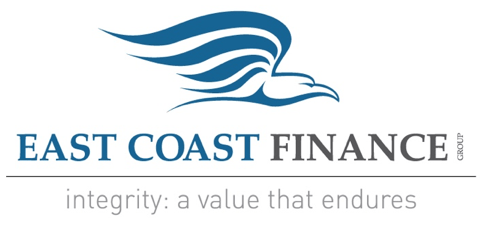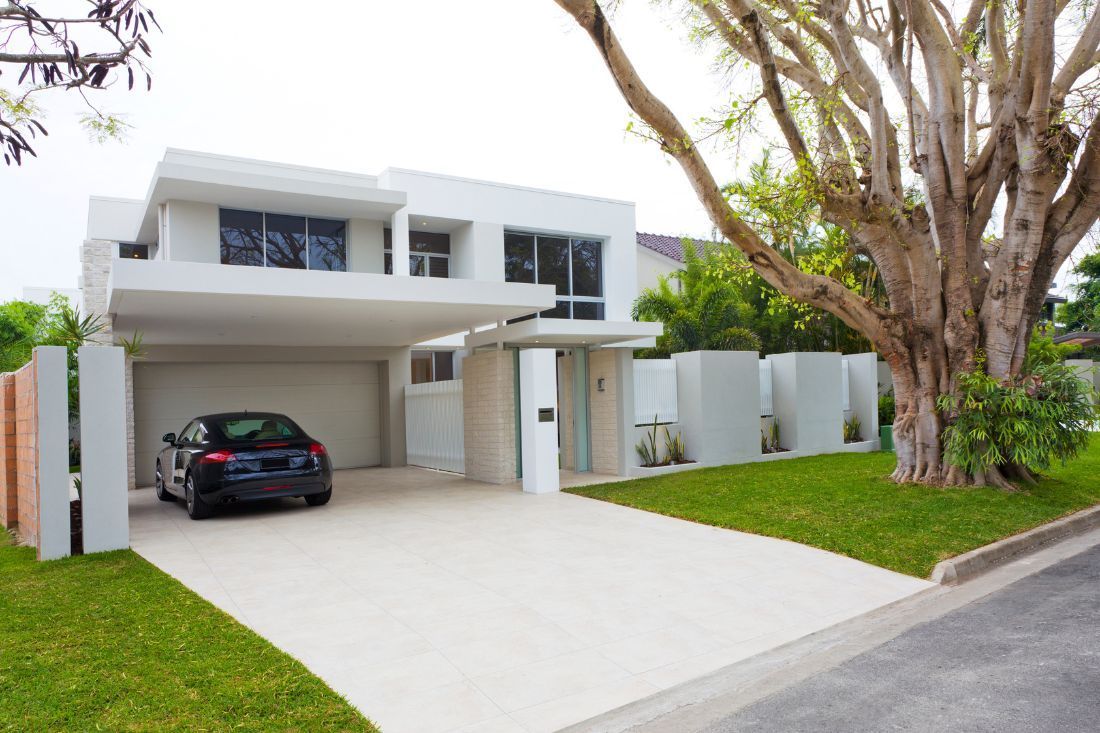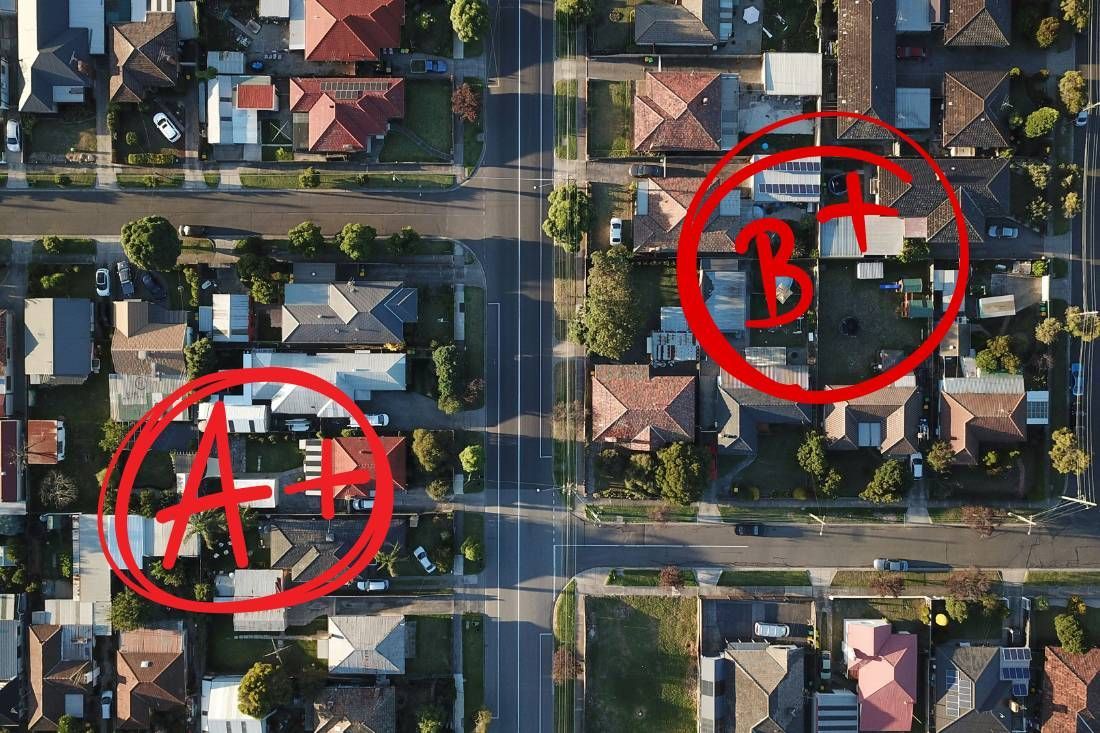Small deposit? 50,000 Home Guarantee Scheme spots just opened up
Struggling to grow your deposit?

Growing a 20% deposit isn’t just challenging. It can be a (very) long slog. Fortunately, 50,000 new places in the popular 5% deposit Home Guarantee Scheme just opened up on July 1. Here’s how to secure your spot.
Struggling to reach that seemingly mythical 20% milestone? You’re not alone.
Property exchange platform PEXA says it can now take buyers more than a decade to save up a deposit for a home.
Who’s got that sort of time?
This is where the Home Guarantee Scheme (HGS) can come in. It allows first home buyers to enter the market with as little as a 5% deposit.
The good news is that on the 1st of July, 50,000 new HGS places became available.
How the 5% deposit first home buyer scheme works
Instead of providing a cash payment, the HGS sees the federal government guarantee your home loan.
In this way, the HGS offers a chance to buy a place of your own with just a 5% deposit – and pay zero lenders mortgage insurance (LMI).
The savings on LMI alone can be worth tens of thousands of dollars.
The real clincher is that it can take far less time to save a 5% deposit compared to pulling together a 20% deposit.
And right now, time kind of matters.
Home prices are projected to increase by 5.8% over the next 12 months, according to CoreLogic.
HGS places are limited
Given the potential benefits, it’s no surprise that over 230,000 first home buyers have already taken advantage of the HGS to achieve their goal of home ownership.
However, only a limited number of HGS spots are available each year.
That’s why it’s so exciting to see the extra 50,000 places become available on 1 July.
These spots are spread across three different guarantees – 35,000 places for the First Home Guarantee, 10,000 for the Regional First Home Buyer Guarantee, and 5,000 for the Family Home Guarantee aimed at single parents.
The fine print
The HGS does come with eligibility criteria.
If you’re unsure whether you’re eligible, get in touch and we can let you know if you’re eligible straight away.
As a quick guide, singles have an income limit of $125,000, or up to $200,000 combined for a couple (this includes mates or siblings buying together).
If your income is above this, the Albanese Government has pledged to expand the HGS by scrapping home buyer income limits in 2026.
While the HGS also sets property price limits (these vary according to location), the scheme gives you the freedom to choose a new or established home, a house-and-land package or even an off-the-plan apartment.
Get in touch
Not surprisingly, HGS places can fill up fast.
So if you don’t want to miss out on your spot, get in touch to find out if you’re eligible for this popular scheme that lets you buy with a 5% deposit and pay zero LMI.
Disclaimer: The content of this article is general in nature and is presented for informative purposes. It is not intended to constitute tax or financial advice, whether general or personal nor is it intended to imply any recommendation or opinion about a financial product. It does not take into consideration your personal situation and may not be relevant to your circumstances. Before taking any action, consider your own particular circumstances and seek professional advice. This content is protected by copyright laws and various other intellectual property laws. It is not to be modified, reproduced or republished without prior written consent.














